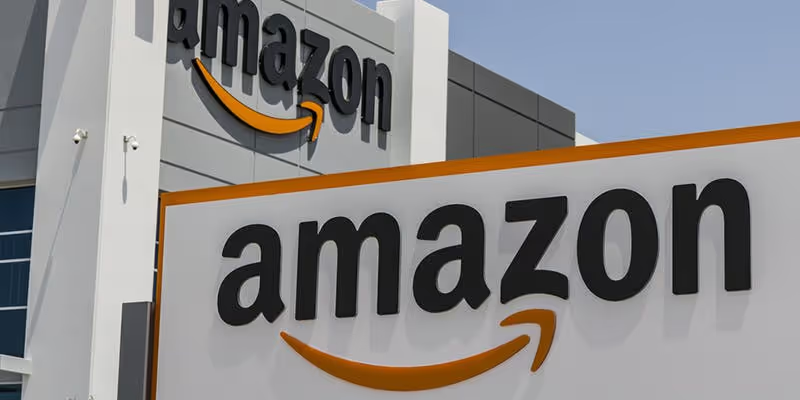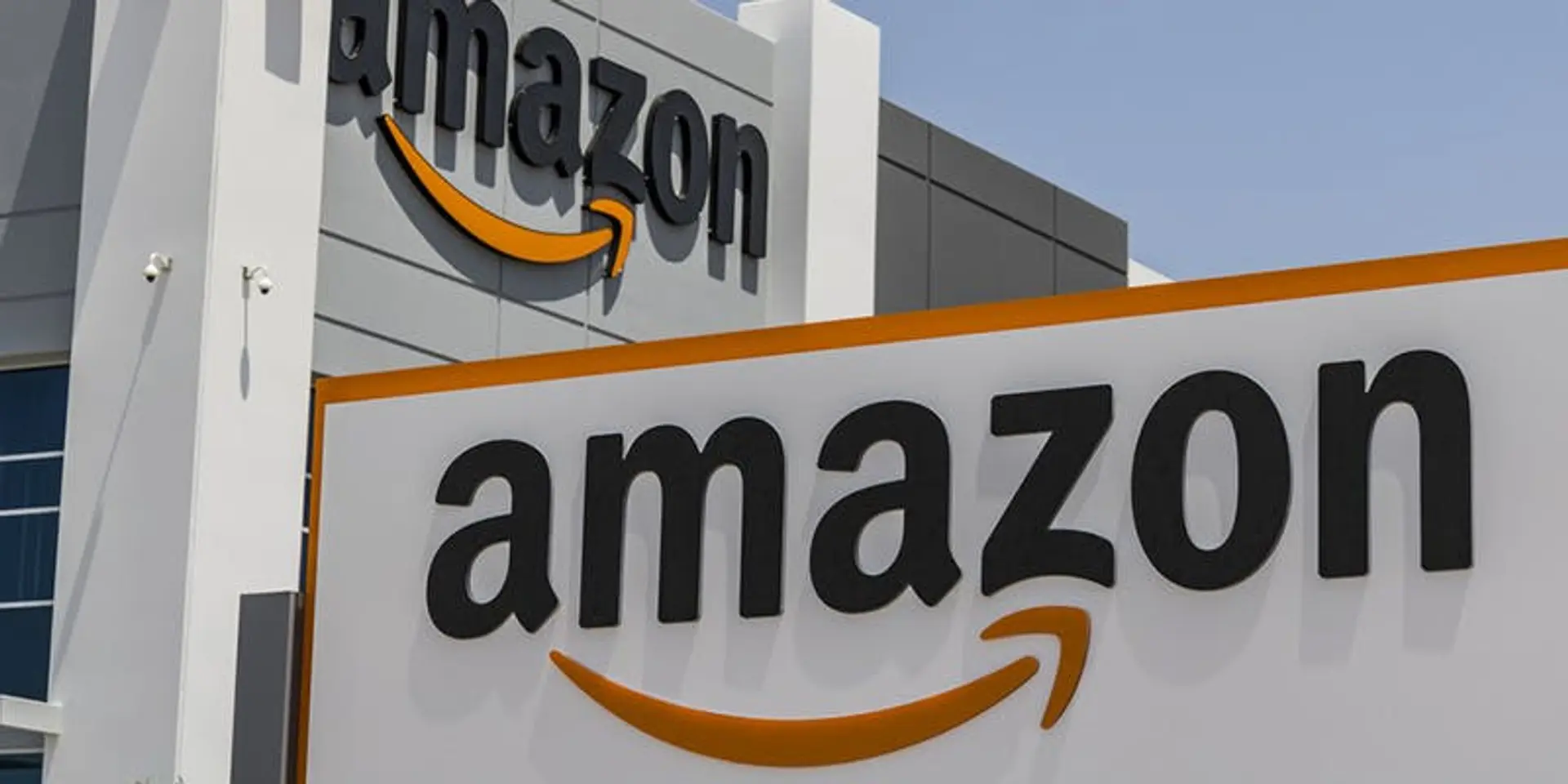Amazon doubles profits in Q1, shrugs off policy curbs in India
Amazon reports revenues of $59.70 billion. The ecommerce major also revealed that a change in local regulations created downtime for its India business, but assured shareholders that the impact was minimal.
Ecommerce major Amazon, which announced its financial results for the first quarter ended March 2019, has reported an earnings per share (EPS) of $7.09, and revenues of $59.70 billion. It also posted a record profit of $3.6 billion, nearly double from the year-ago period.
The company said it expected Q2 operating income to be between $2.6 billion and $3.6 billion, below a $4.19 billion consensus estimate, signaling higher-than-expected spending. The second quarter revenue guidance was between $59.5 billion and $63.5 billion, versus a $62.39 billion consensus estimate.

Speaking about Amazon India, CFO Brian T Olsavsky talked about the changes in ecommerce-related regulations that affected operations: "We were just heading into an uncertain period with the PN2 ruling. We did make some changes to our structure to stay in compliance with all regulations. There were a few days of downtime for some of our selection."
Nevertheless, Amazon is optimistic about its Indian venture, with Olsavksy describing the impact as "minimal".
"...we’re in compliance and very happy with the progress of our business in India. As far as the growth is concerned, we made some noise in Q3 and Q4 globally, but we feel pretty good about the Q1 growth in India, despite some downtime.”
The 'PN2 ruling', aka the new rules on FDI in ecommerce
According to law firm AZB & Partners, the Department for Promotion of Industry and Internal Trade (DPIIT) issued Press Note 2 of 2018 (PN2) in connection with the Foreign Direct Investment (FDI) policy for entities engaged in the ecommerce sector. PN2 was formulated with an intent to provide clarity to the existing FDI policy concerning the ecommerce sector.
The new policy revised the existing framework for ecommerce marketplaces such as Walmart-owned Flipkart and Amazon India in a bid to provide a level playing field.
The revised policy under PN2 took effect on February 1 this year, resulting in two changes. One, online marketplaces could no longer sign deals that allowed them to sell merchandise exclusively. Two, no more than 25 percent of inventory could come from a single vendor.
Further, the marketplace entity cannot exercise ‘control’ over inventory of the sellers. Any such ownership or control over the inventory will render the business of the Marketplace Entity as an inventory-based model of ecommerce.
The DIPP has also clarified that PN2 did not impose any restriction on the nature of products, which can be sold on the marketplace, including any private labels.
PN2 also curbed deep discounts by requiring that cashbacks provided by group companies of the marketplace entity to the buyers should be fair and non-discriminatory. It also requires an entity not to mandate any seller to sell any product exclusively on its platform only. It will also be required to furnish a certificate, along with a report of the statutory auditor, to the Reserve Bank of India, confirming its compliance with the conditions stipulated under PN2.
The PN2 also states that it is only applicable to marketplace entities and that FDI in other sectors continue to be governed by the specific provisions pertaining to them under the FDI policy.
Also read: Amazon pumps Rs 238 crore into Indian food retail arm







